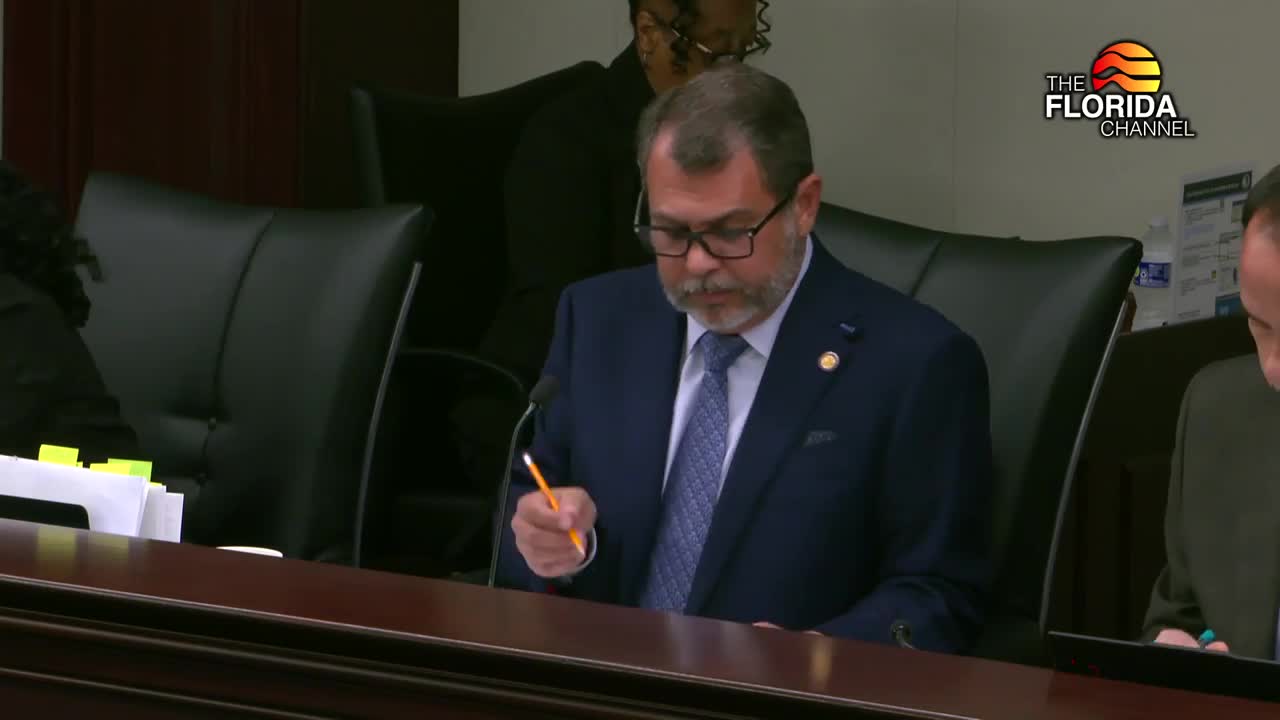Article not found
This article is no longer available. But don't worry—we've gathered other articles that discuss the same topic.
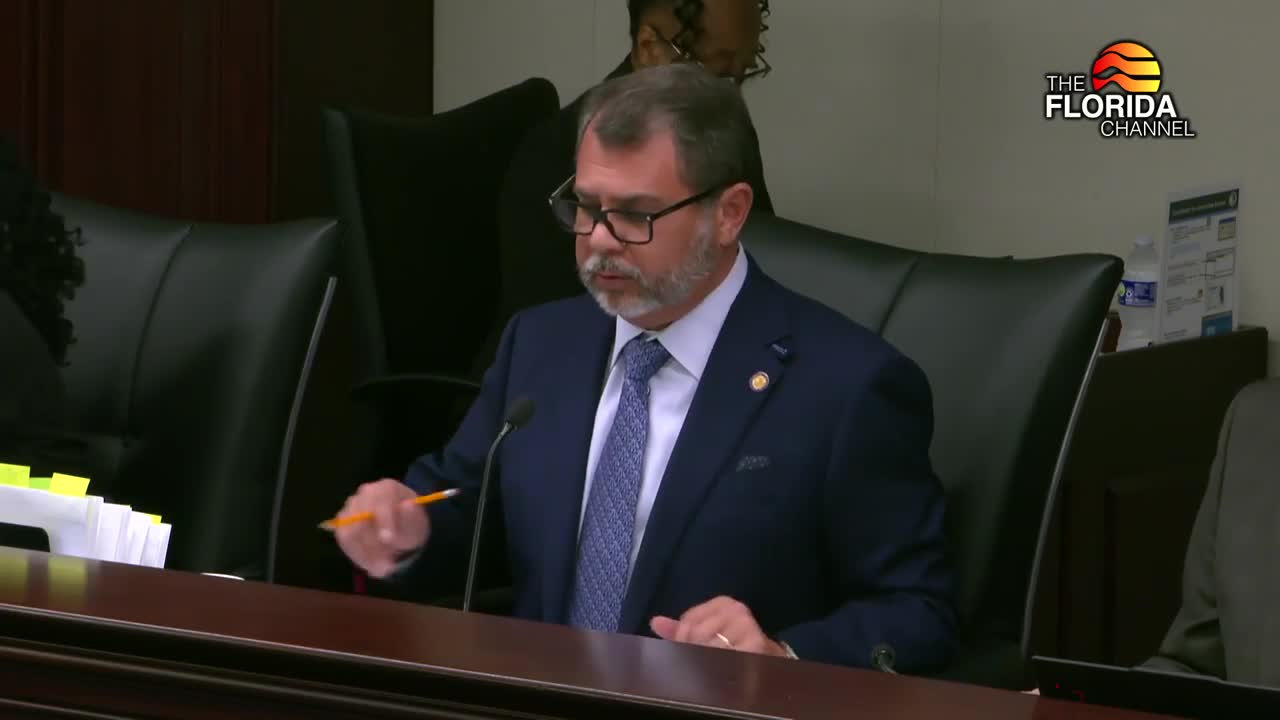
Senate committee advances bill requiring online removal of proven false news reports
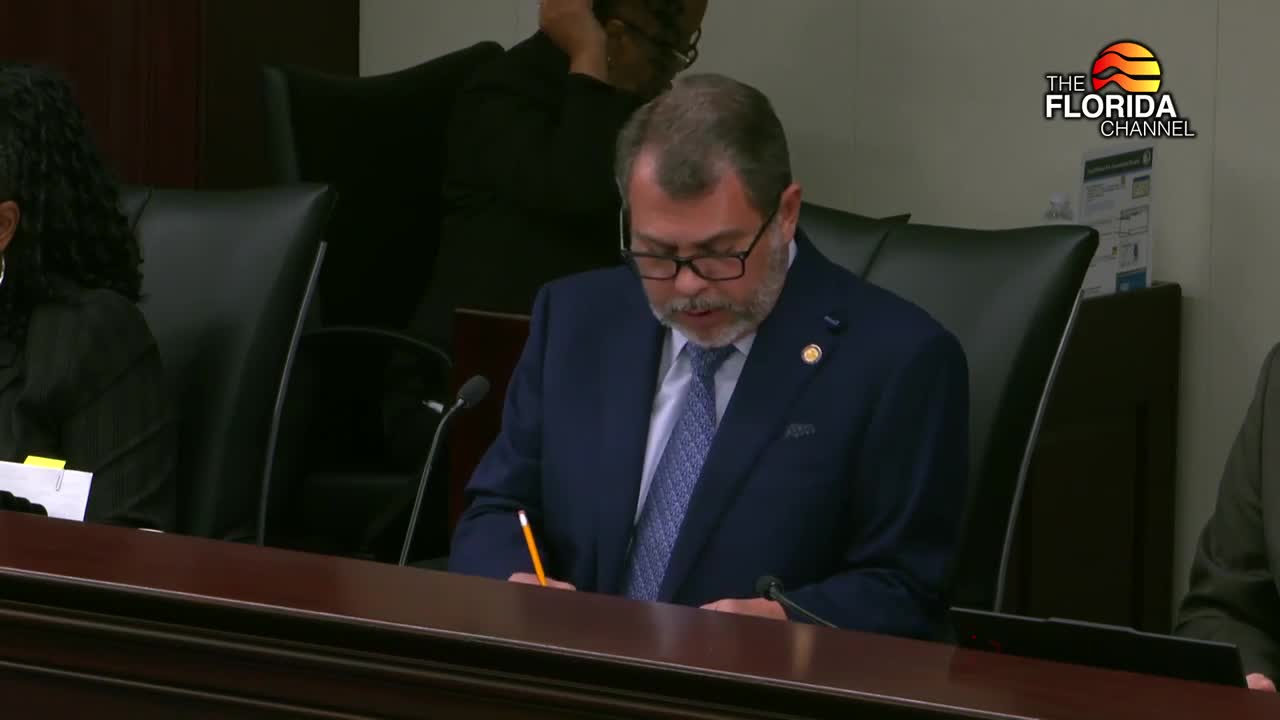
Committee recommends confirmation of three gubernatorial appointees to development, tourism and reemployment panels
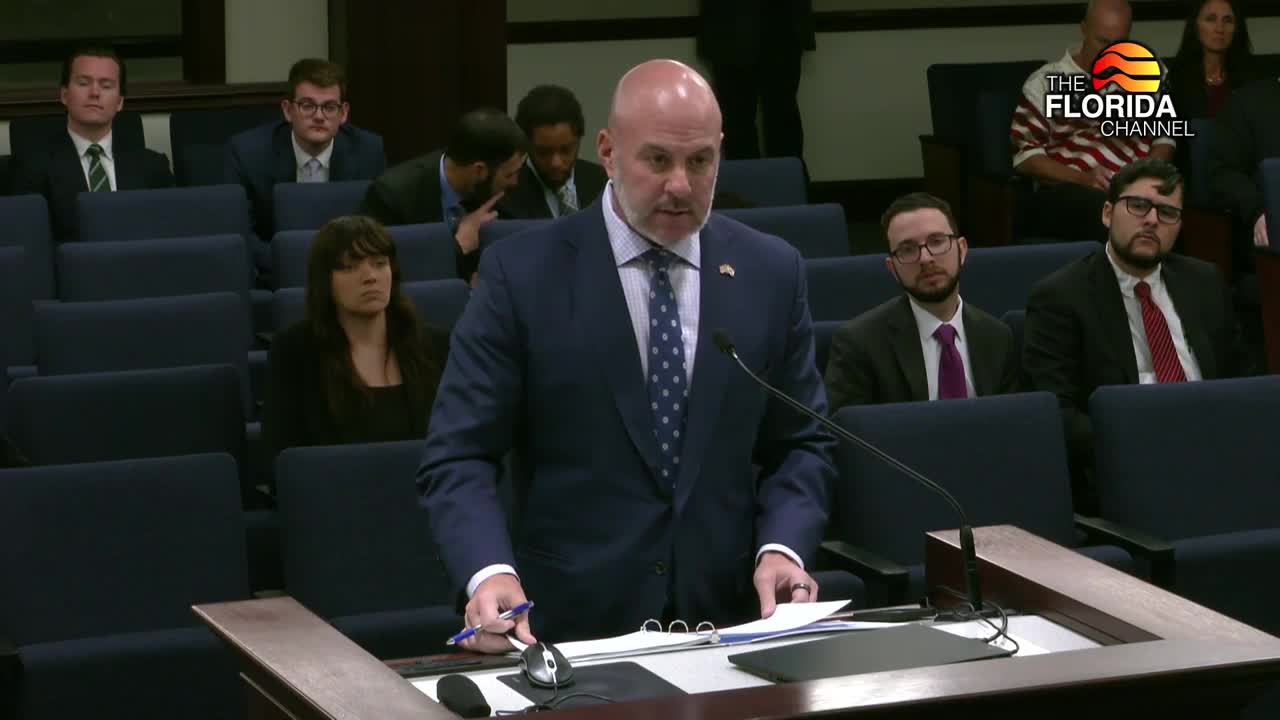
Committee adopts amendment and advances bill requiring social platforms to preserve decryption tools for investigations
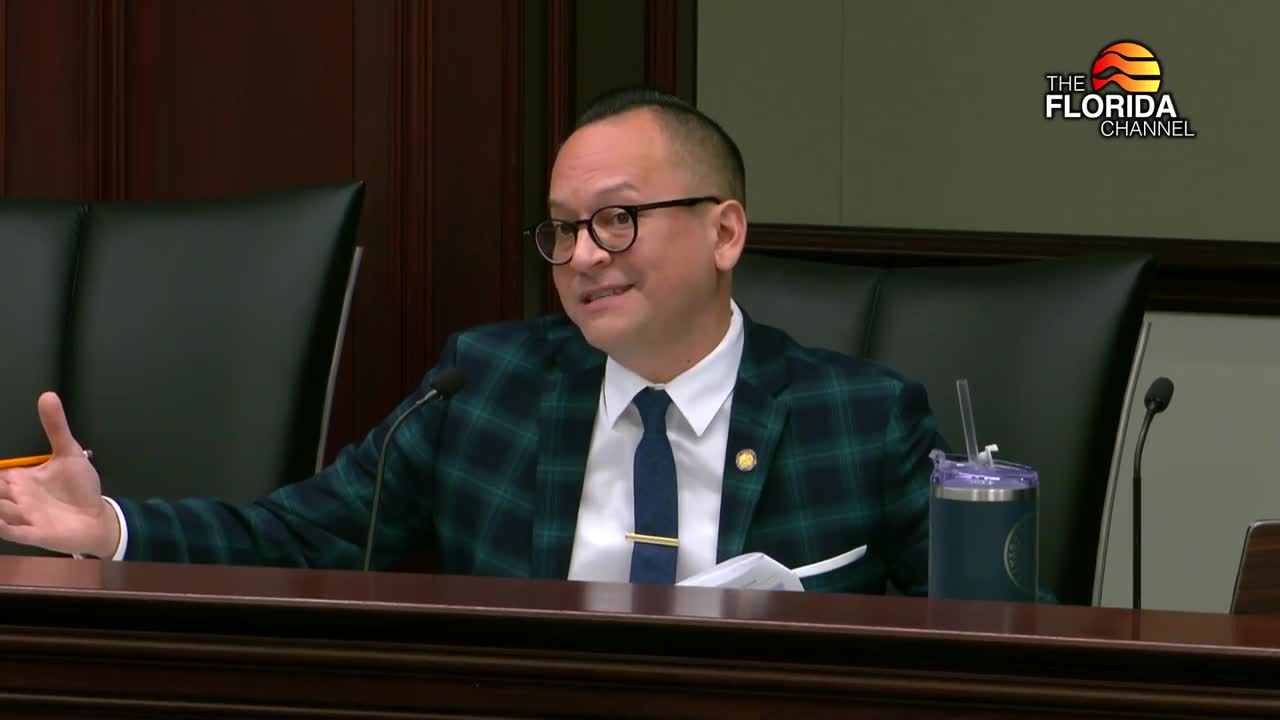
Senate committee advances bill to penalize unlicensed vendors who take deposits and fail to perform
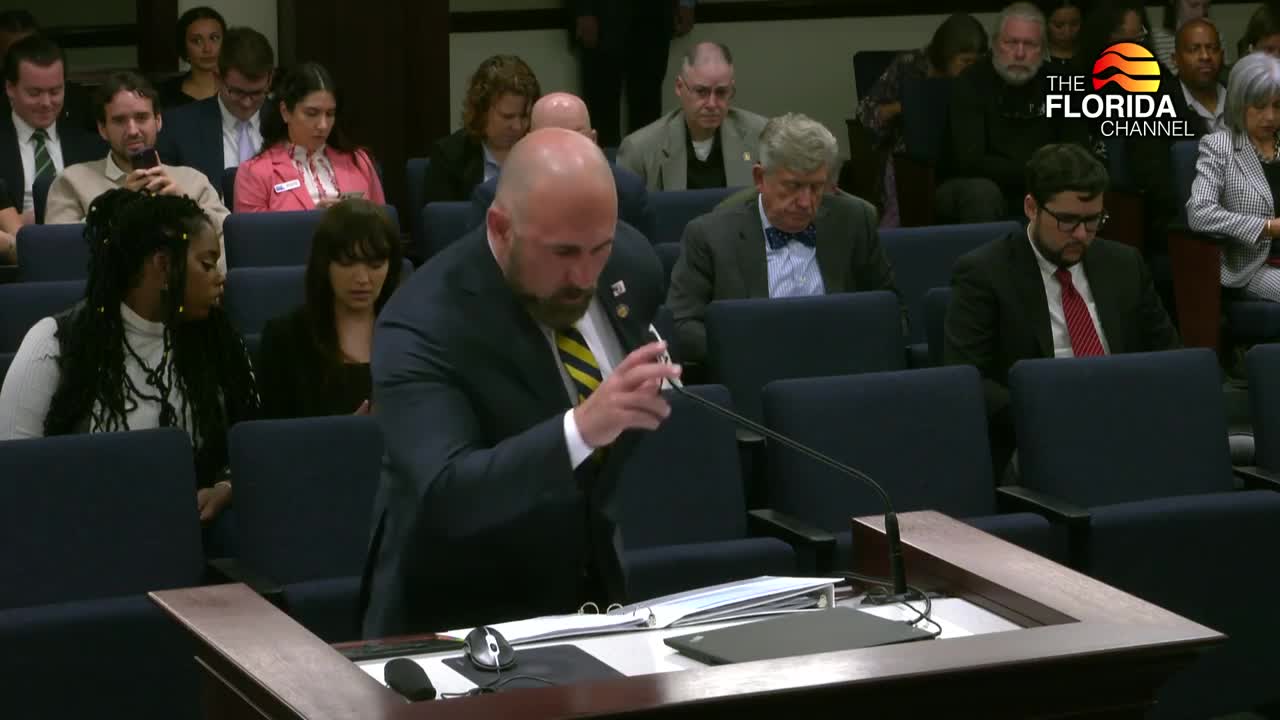
Senate committee advances bill loosening some child‑labor restrictions; witnesses and senators sharply divided
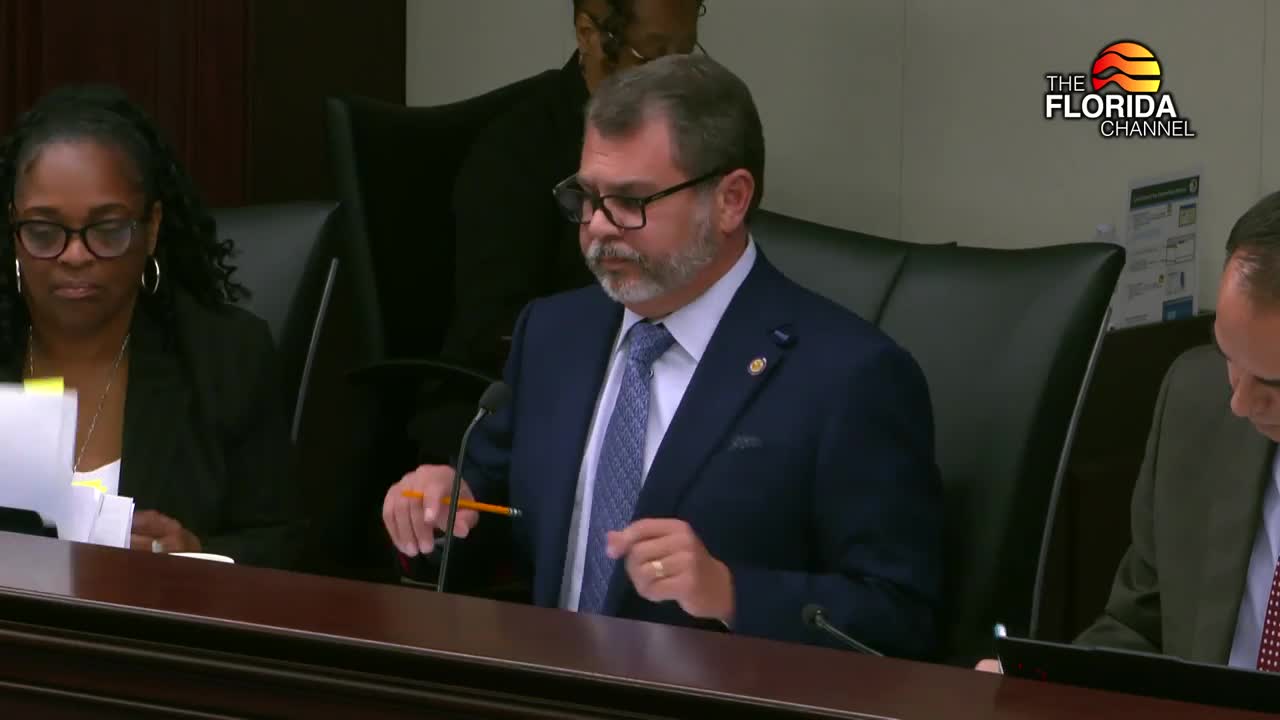
Committee votes to advance Florida Kratom Consumer Protection Act with safety, labeling, age limits
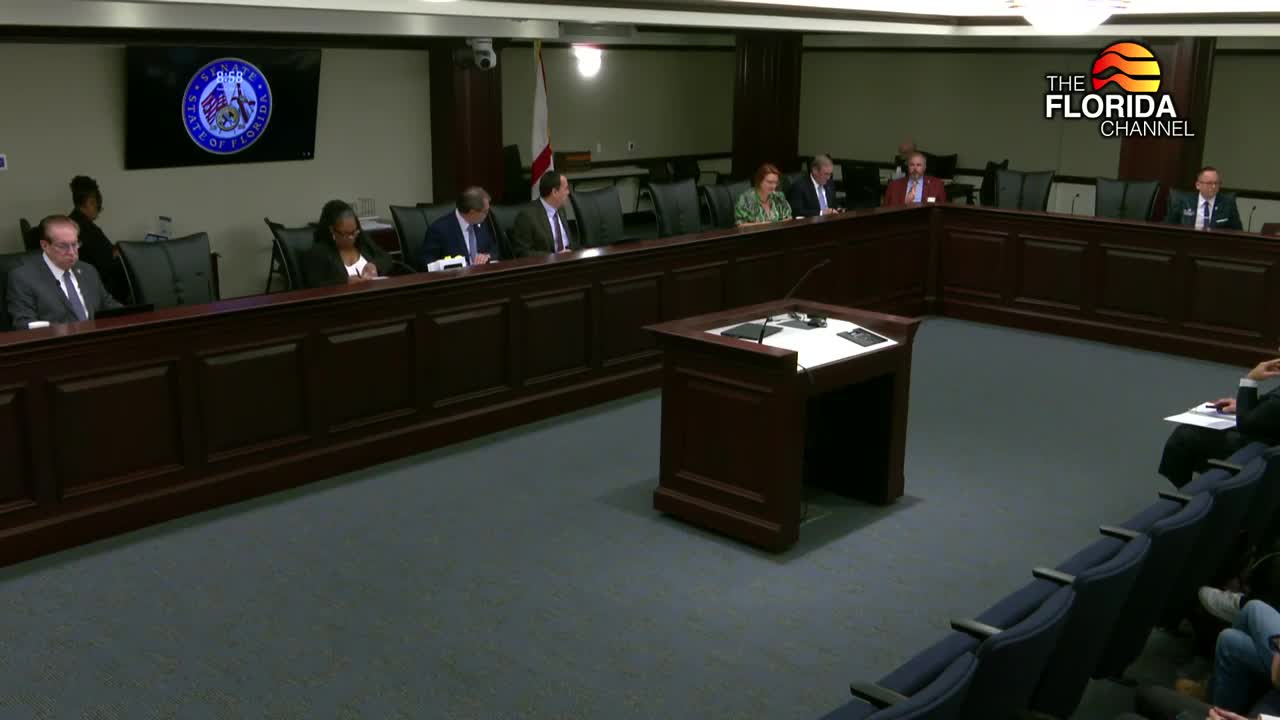
Committee approves change allowing wine sales in recyclable containers up to 5.16 gallons
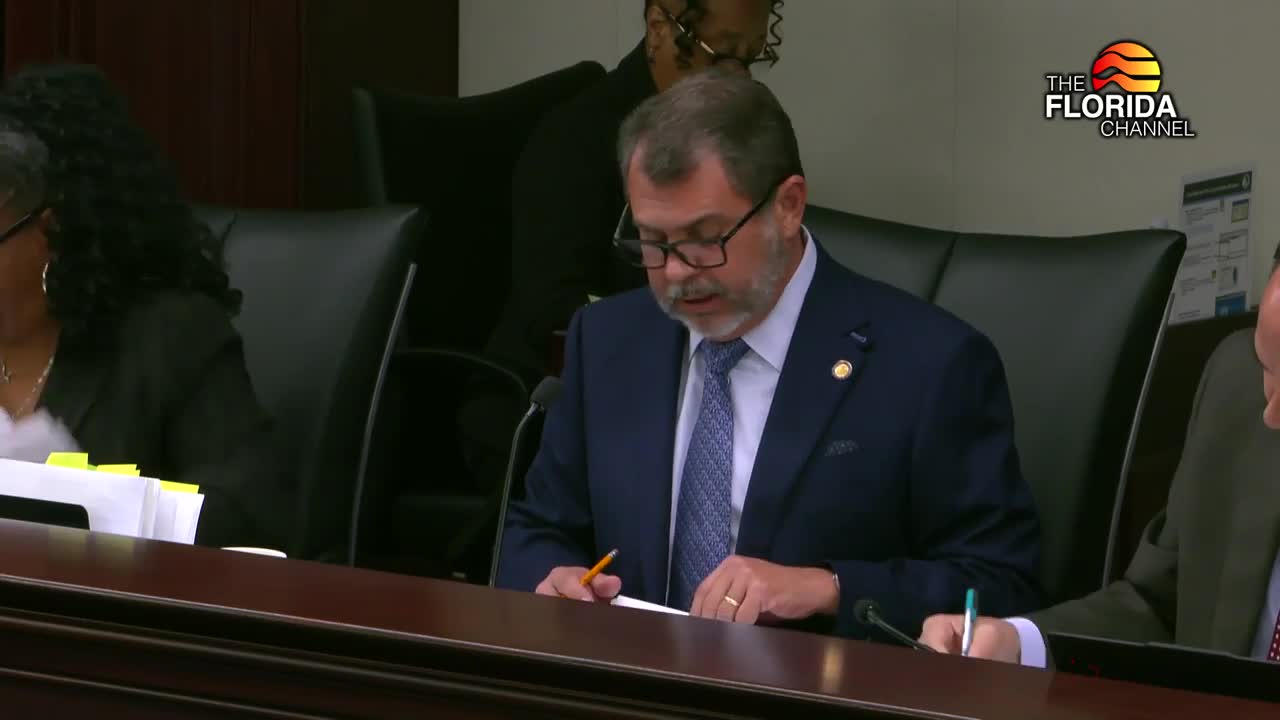
Panel advances bill to require clearer labeling for recyclable lithium and other large batteries
